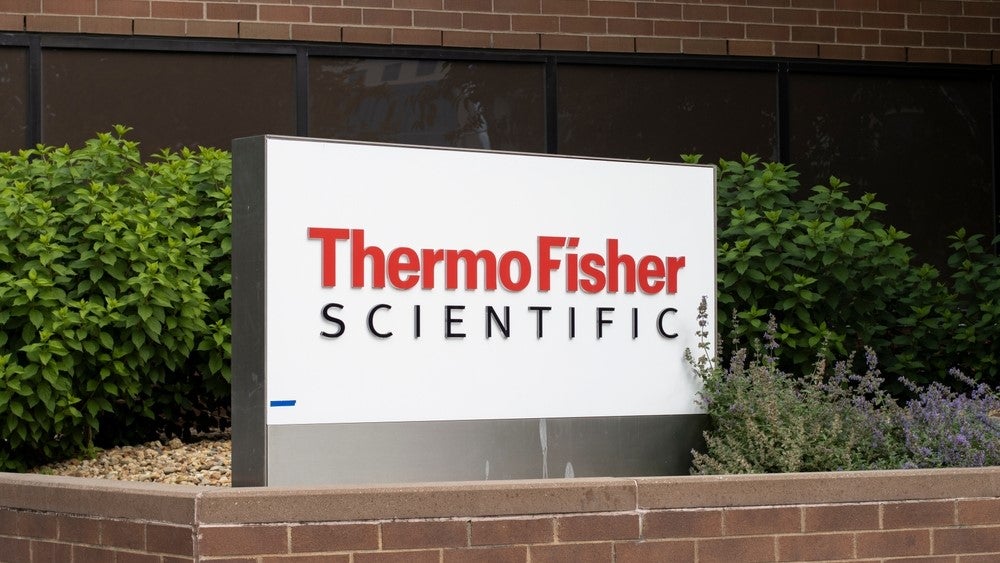Thermo Fisher expands US manufacturing plant to support biologics
Thermo Fisher Scientific has expanded its manufacturing capacity at its St. Louis, Missouri site to enable the production of biologics at the plant. In recent years, the US-based biotechnology and medical equipment company has added multiple biologic manufacturing facilities to accommodate a growing demand for these therapies. In June, Thermo Fisher leased a biologics manufacturing facility in Lengnau, Switzerland. In March, the company added a cell therapy (a biologic product) manufacturing facility in San Francisco (US) to its growing count. GlobalData estimates that over 300 cell therapies are currently in clinical development. With this growing demand for these therapies, multiple organisations and companies have invested millions in building biologics manufacturing facilities. GlobalData is the parent company of Pharmaceutical Technology. The St. Louis facility expansion will add up to four Thermo Scientific DynaDrive single-use bioreactors (SUB), each of which can process up to 5,000L. The site will accommodate the production of biologic therapies for various diseases including cancers, autoimmune diseases, and rare genetic disorders. Thermo Fisher provides manufacturing support to multiple companies, including Novo Nordisk to produce the weight-loss drug, Wegovy (semaglutide). The company reported a revenue of $10.6bn in Q2 2023, with the Laboratory Products and Biopharma Services division generating $5.8bn in the period. The company’s market cap stands at $192.2bn. In August, Thermo Fisher acquired data intelligence company CorEvitas for $912.5m in cash to bolster its clinical trial services portfolio. The acquisition was part of the company’s growth strategy which included the £2.3bn ($2.8bn) acquisition of The Binding Site Group, to switch to 100% renewable energy at all US sites. Cell & Gene Therapy coverage on Pharmaceutical Technology is supported by Cytiva. Editorial content is independently produced and follows the highest standards of journalistic integrity. Topic sponsors are not involved in the creation of editorial content.

What's Your Reaction?
































